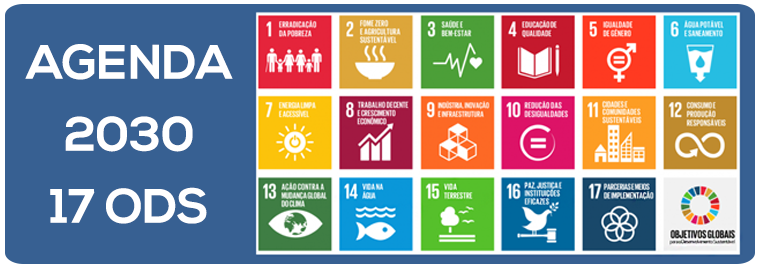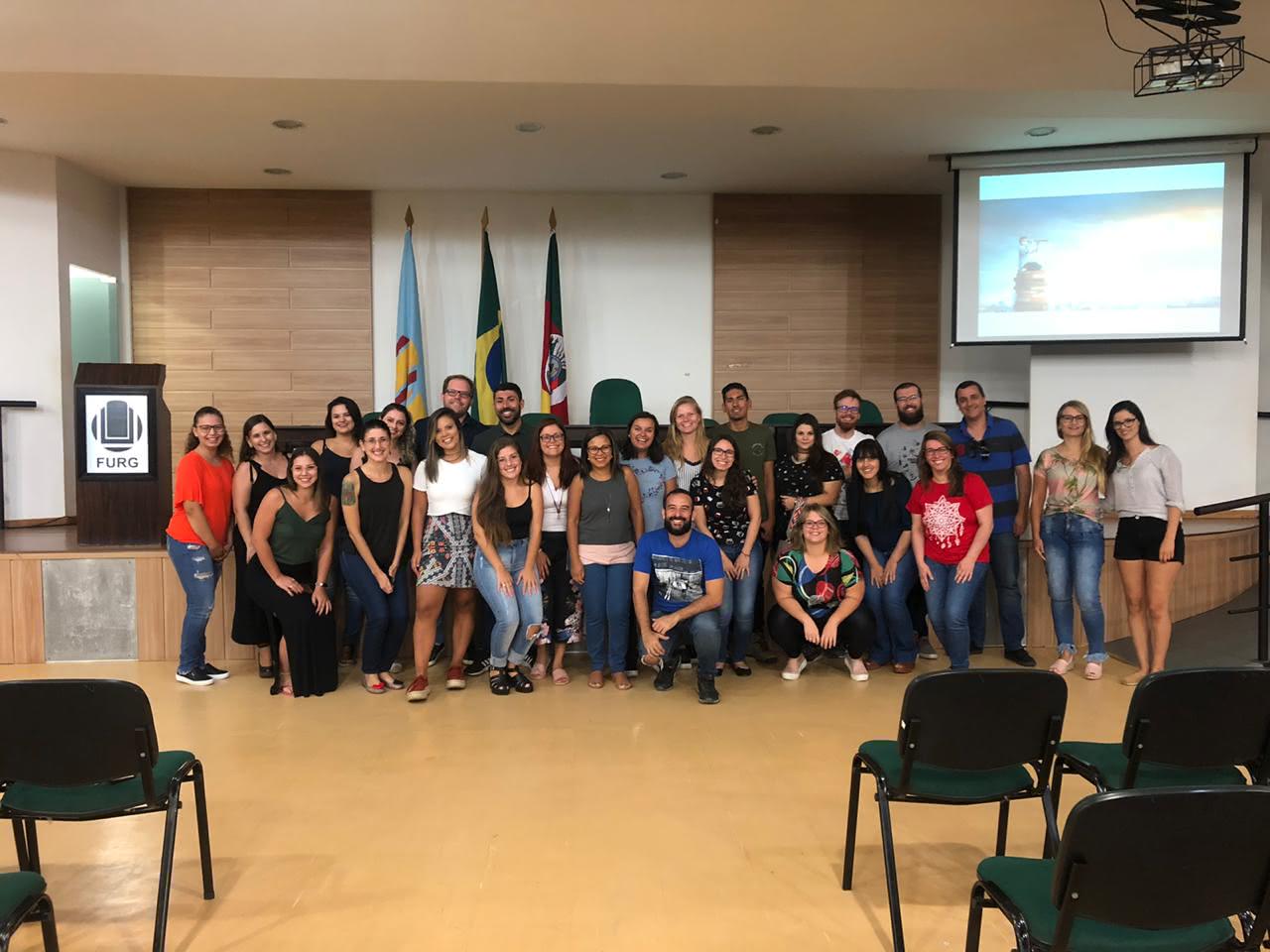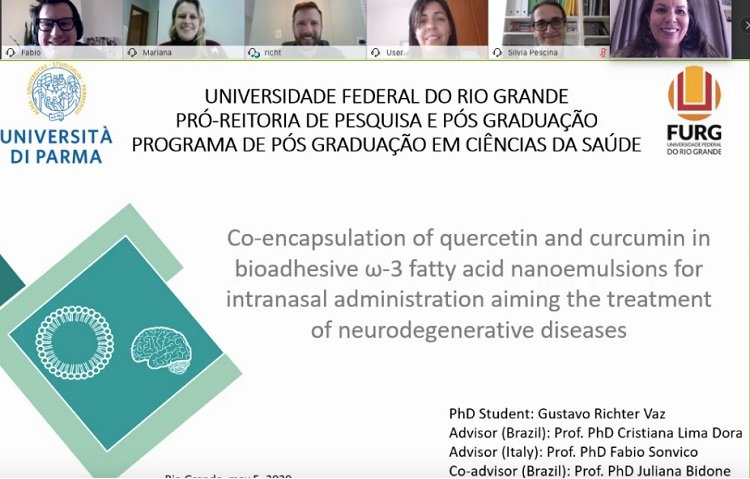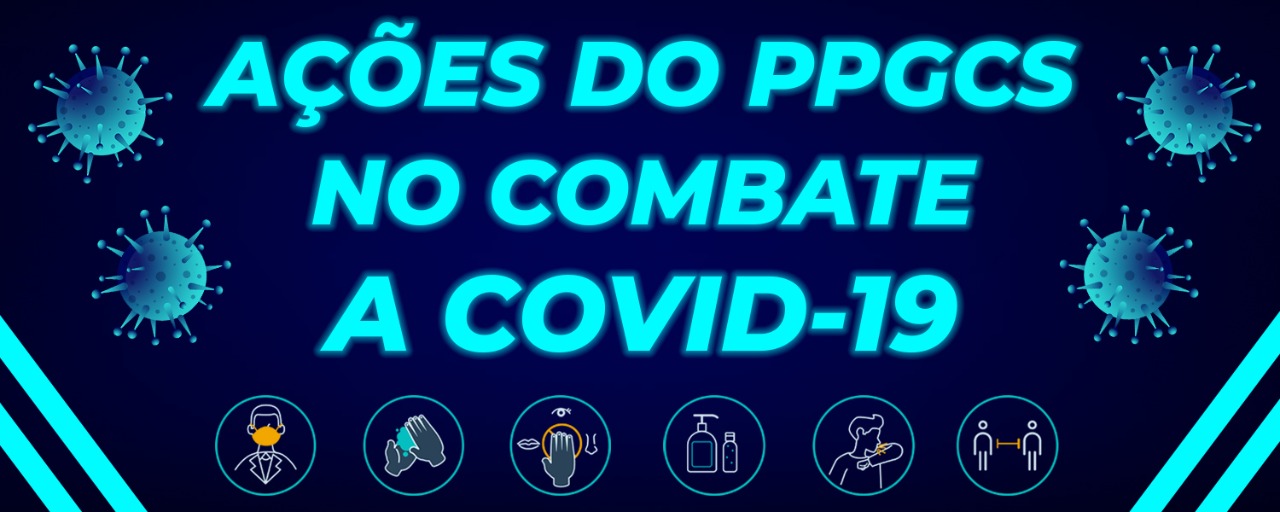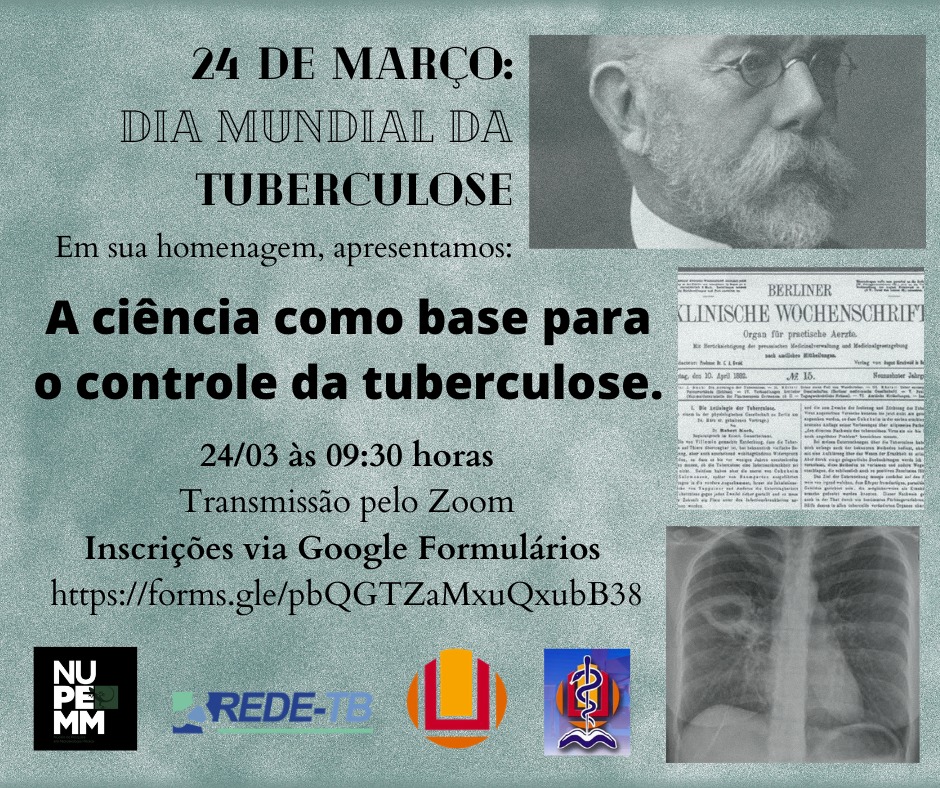AVALIAÇÃO DO ACONSELHAMENTO NUTRICIONAL EM UM MUNICÍPIO DO SUL DO BRASIL
Autor: Milena de Oliveira Simões (Currículo Lattes)
Resumo
A transição nutricional é interpretada mundialmente como o conjunto de alterações nos padrões alimentares e, por consequência, nutricionais, resultantes de modificações na estrutura da dieta dos indivíduos e que se correlaciona com mudanças econômicas, sociais, demográficas e de saúde. É relevante evidenciar a preocupação com a saúde da população, no qual tem sido gravemente afetada pelas mudanças ocorridas nos hábitos alimentares, acarretando em um surgimento acelerado de doenças crônicas. O aconselhamento ou orientação nutricional é definido como o processo pelo qual os indivíduos são auxiliados a selecionar e implementar comportamentos adequados de alimentação e estilo de vida, desempenhando um papel de suma importância na prevenção e tratamento dessas patologias. Deste modo, este estudo tem por objetivo avaliar o recebimento de aconselhamento nutricional em adultos e idosos residentes na área urbana de um município do sul do Brasil. Trata-se de um estudo transversal de base populacional,
derivado de um projeto de pesquisa maior, intitulado “Saúde da população Riograndina”, conduzido por alunos e professores da Universidade Federal do Rio Grande (FURG). Foram incluídos neste estudo indivíduos que residentes na zona urbana do município e que possuíam 18 anos ou mais. Os dados foram coletados através de um questionário único, pré-codificado e padronizado, com o intuito de buscar informações sobre características sócio demográficas, comportamentais, estado nutricional e saúde dos indivíduos estudados. O desfecho avaliado foi à prevalência de aconselhamento nutricional entre adultos e idosos. Para a apreciação dos dados, foi realizada a análise bivariada com o cálculo do intervalo de confiança 95%, razão de prevalência e p-valor. Em seguida, as variáveis foram analisadas por modelo de regressão de Poisson. Um total de 1296 indivíduos compuseram a amostra (taxa de resposta de 90,7%). Os resultados demonstraram que a maioria dos entrevistados eram do sexo feminino (56,6%) e com idade entre 18 e 59 anos (75,3%). A prevalência do recebimento de aconselhamento nutricional foi de 19,9% (IC95%:17,3 a 22,5) , sendo observada em maior valor entre as mulheres do que entre os homens (p=0,01). Na análise ajustada por sexo, os homens apresentaram associação apresentaram associação estatisticamente significativa (p<0,05) com o desfecho as variáveis escolaridade maior igual a 12 anos, consulta médica no último ano, baixo peso, obesidade, diabetes e hipertensão; nas mulheres as variáveis foram plano de saúde, consulta médica no último ano, obesidade e diabetes. Os achados desse estudo indicam que a prevalência do aconselhamento nutricional ainda é baixa. Além disso, esse vem sendo empregado frequentemente, em decorrência de uma doença já instalada ou em um estado nutricional de obesidade. Fato esse que expõe a necessidade de que o mesmo seja realizado não somente para o tratamento, mas também como ações preventivas, de educação e promoção da saúde.
TEXTO COMPLETO DA DISSERTAÇÃO


